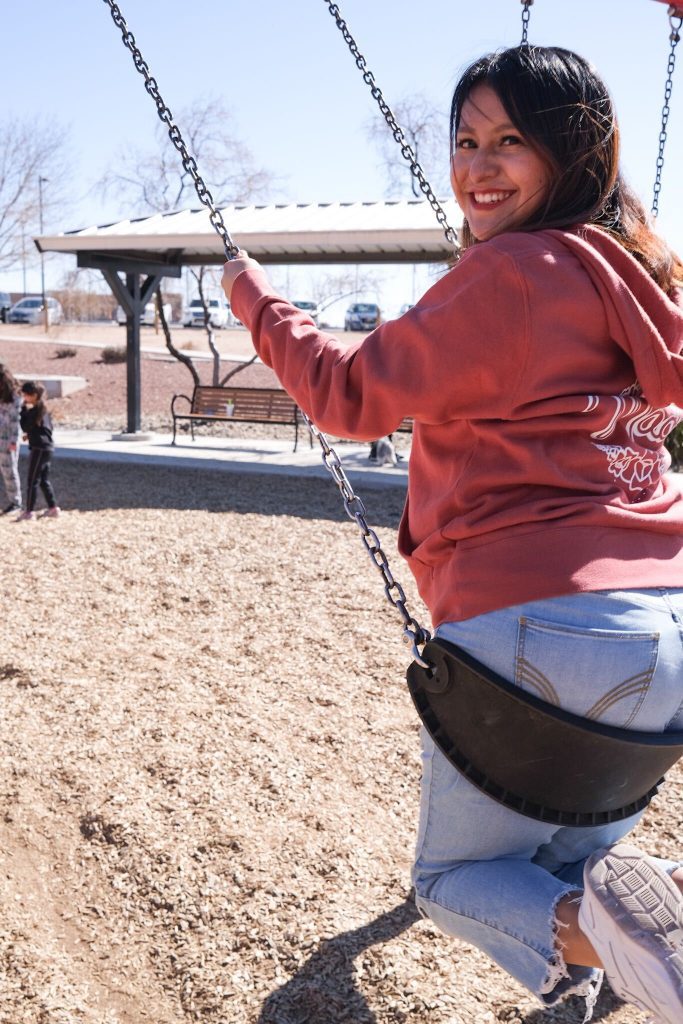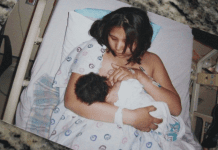As I was listening to Beyonce’s song Flawless featuring Chimamanda Ngozi Adichie, Adichie’s words piqued my interest in the F-word . . . feminism.
This interest led me down a rabbit hole of news articles, blog posts, Ted Talks, and podcasts of anything remotely mentioning feminism or being a feminist. I have heard of feminism in passing and would call myself a feminist. However, this deep dive has allowed me to recognize the intricacies of feminist ideas.
What Is Feminism?
Feminism has a different definition for different people. I define it as the belief that men and women should have equal rights and opportunities. Others may define it differently. This is where my idea of feminism may differ from others’ based on experiences and background. Feminism addresses several topics such as discrimination, stereotyping, and gender roles.
Some may even believe that feminists are doing more harm than good or that the word feminist doesn’t include or recognize their experiences and backgrounds. But during my research, I became aware of the differences in opinion over these topics and how misconceptions feed into the feeling of feminism being a bad “f” word.
My Feminist Beliefs
I didn’t hear the word feminism until college. And to be honest, I didn’t have much interest in it. In my mind, I had much bigger things to worry about such as paying for college and navigating the unfamiliar experiences that came with it.
My interest in western feminism stemmed after having my son–I wanted to learn how to raise a feminist boy. The world around my son was changing with words that were new to me. In a changing world, I wanted to learn how to teach my son to treat everyone the same–no matter their skin color, their gender, or their religion. Thus, I began my deep dive into western feminist thought.
The more I learned about western feminism, the more I began to question my own feminist beliefs and how it looked to me. It felt wrong to call myself a “feminist,” and I couldn’t figure out why. I gradually began to understand why it felt wrong to call myself a feminist. It was because of my culture.
Within my own Navajo culture, feminism has always been present. There were subtle feminist teachings in the language, in sacred stories, and even in how we, as Navajos, introduce ourselves. My culture is a matriarchal society. We trace our kinship through the female line–our mother’s lineage.
It was these teachings that were engrained in me from a young age that have allowed me to accept people as they are. And, these are teachings that I hope to impart to my son. After my reflection, I found that I do align myself with feminist ideals, but I wouldn’t call myself a feminist.
Feminism doesn’t exist within my culture. It’s simply a way of life.
There’s no word in the Navajo language for feminism because it’s not needed. However, I’m not raising my son solely within Navajo society. He also has to exist in Western culture where women have sadly been undervalued. So my learning about western feminism is not in vain because I want to raise him to value everyone.
At the end of the day, feminism sometimes doesn’t fit with people’s experiences or backgrounds (mine), but the ideas behind it are important and valuable in any culture. I don’t speak for all feminists, nor do I agree with every feminist. However, after my deep dive, I learned how feminism looks to me. That is what I wanted to accomplish because how can I teach my son about feminist ideals if I don’t have a clear idea of how it looks to me?
The opinions expressed in this post are those of the author. They do not necessarily reflect the official policy or position of ABQ Mom, its executive team, other contributors to the site, its sponsors or partners, or any organizations the aforementioned might be affiliated with.












